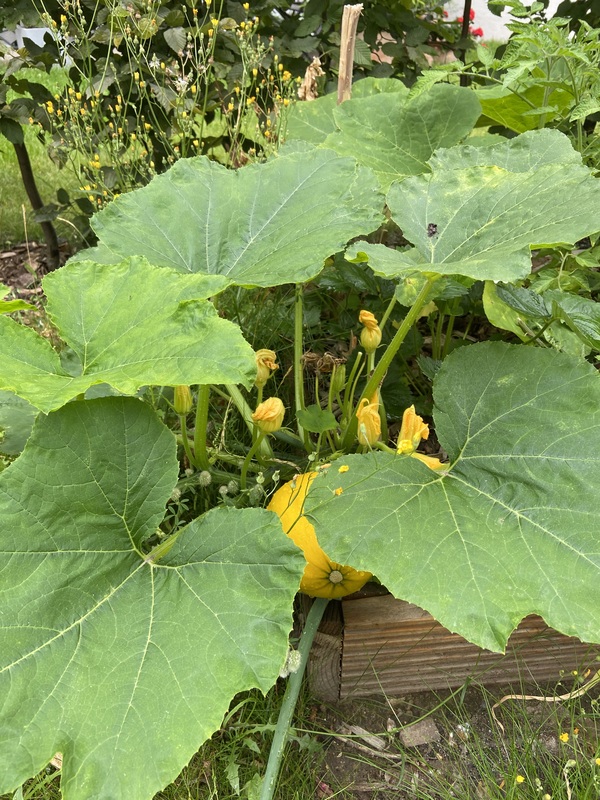Description
African basil, also known as Ocimum gratissimum, is a perennial herb native to tropical regions of Africa, Madagascar, southern Asia, and the Bismarck Archipelago. It typically grows to be about 1-3 feet tall, with a branching, upright growth habit. The leaves are oval-shaped and serrated, with a strong, pungent aroma. In the summer, the plant produces small, white flowers that are clustered together in elongated clusters.
The plant prefers full sun and well-drained, fertile soil. It is adaptable to a variety of soil types, but will not tolerate wet or poorly drained soils. To cultivate the plant successfully, a grower will need to provide it with adequate moisture during the growing season and protect it from extreme cold in the winter. The plant is not winter hardy and will need to be brought indoors or grown in a greenhouse in colder climates or can be grown as an annual herb.
The leaves and flowers of the African basil plant are edible and can be used fresh or dried in a variety of dishes. It has an intense clove aroma with tiny hints of thyme. The plant has a number of medicinal uses, including the treatment of digestive disorders, headaches, and respiratory problems. It is also valued for its insect-repelling properties and is often used as a natural insecticide. The plant has a number of other uses, including its use as a natural fertilizer and mulch. It is also valued by wildlife, providing food and shelter for a variety of birds and mammals.
